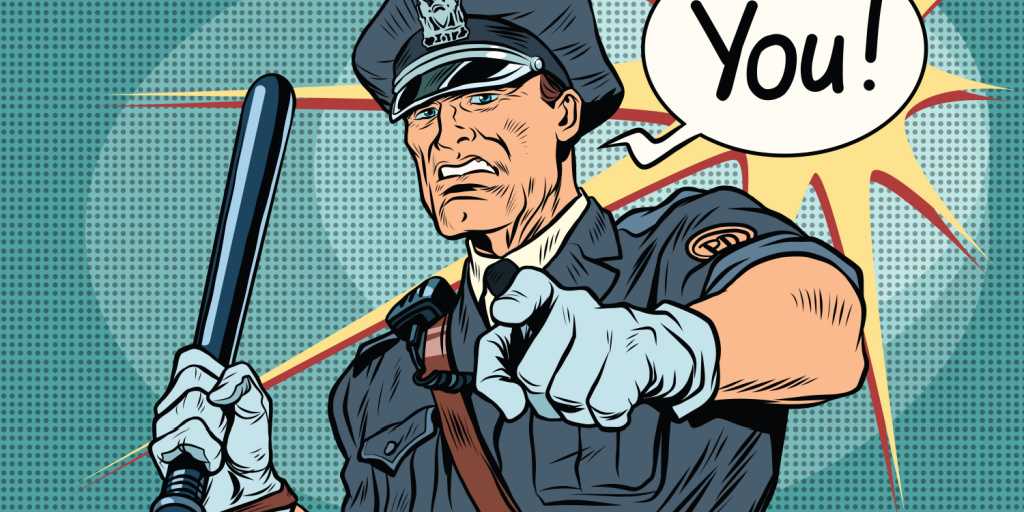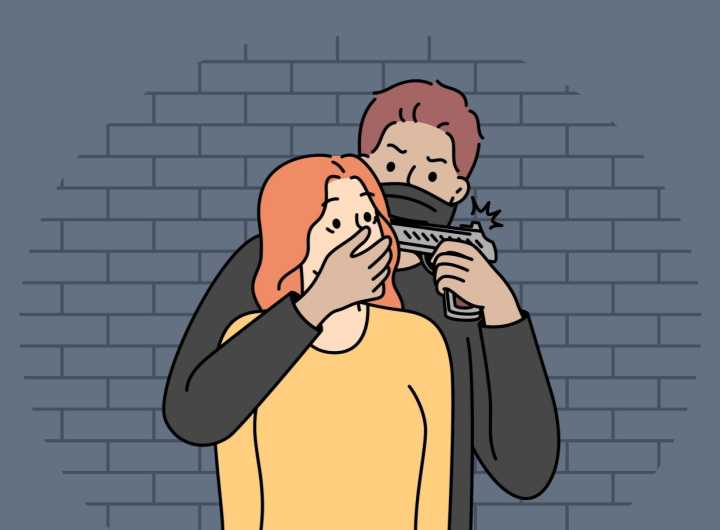Texas Modifies it’s Unmitigated Food Stamp Ban for Drug Felonies
In 1996, as part of America’s “War on Drugs,” Congress enacted a now-controversial measure, part of the Personal Responsibility and Work Opportunity Reconciliation Act (PRWORA), which strips both food stamps and welfare cash assistance (known as “Temporary Assistance to Needy Families” or “TANF”) from anyone convicted of any state or federal drug-related felony. See 21 U.S.C. § 862a (a).
This measure is a powerful provision that strips thousands of Americans of the food stamp and welfare benefits for which they would otherwise be eligible. Congress, however, gave the 50 States the ability to statutorily opt out of or modify both the food stamp and welfare bans. If states take this option and modify the bans, convictions for drug-related felonies may not preclude an individual from food stamp of TANF eligibility.
So far, 20 years after enactment, only 16 states — Delaware, Iowa, Kansas, Maine, Michigan, New Jersey, New Hampshire, New Mexico, New York, Ohio, Oklahoma, Pennsylvania, Rhode Island, South Dakota, Vermont, and Washington — have completely opted out of both the food stamp ban and welfare bans (The District of Columbia also opted out).
Instead of completely opting out, mMost of the states rather modified the outright food stamp ban and TANF bans to allow certain low-level compliant offenders to receive either food stamps or welfare, or more typically, both.
For example, Arkansas and Florida modified both the bans to allow all those with possessory convictions to receive both food stamps and welfare. Idaho allows those who are complying with probation to receive both food stamps and welfare. Louisiana ends the ban of both food stamps and welfare one year after the sentence is completed. California, and many other states, modified the bans to allow those in treatment or who have completed treatment to receive both food stamps and welfare.
A few states enacted split-modified -plans. For example, Illinois allows people in treatment to receive food stamps but not welfare. Missouri conversely allows people in treatment to receive welfare but not food stamps.
Yet , a handful of holdout statess including Alabama, Alaska, Georgia, Mississippi, Missouri, South Carolina, Wyoming, West Virginia, and Texas up until recently had no modifications at all: these states have maintained blanket bans since 1996 on both food stamps or welfare to all those convicted of any drug-related felony.
In what may be considered a sign of a dawning recognition of the failure of the decades-old “war on drugs” even in the most conservative corners of the country, The Houston Chronicle recently reported that the Texas legislature in their 2015 session finally approved a bill that allows “first-time drug felons … to get food stamps as long as they complete with conditions of their parole and do not commit a second offense while receiving welfare. They will still be ineligible for cash help through welfare.”
Although it may be true, as Brian M. Rosenthal of The Houston Chronicle reported, that “[a]dvocates hailed the reform as a landmark reform for Texas,” this modification is modest at best. While it allows food stamps for those first-time drug offenders in compliance with probation, it, like Illinois, leaves unchanged the outright ban on welfare. Moreover, the modification applies to compliant “first-time” offenders only.
Modifications of these bans are important to note because of massive numbers of Americans that they affect. The FBI reported that in 2013 there were an estimated 1.5 million drug arrests. Over 80% were for possessory, often low-level offenses. Fifty million Americans now receive food stamps and two million receive TANF welfare benefits. The “war on drugs,” decades old, is now widely acknowledged as a failed program that, according to Bill Clinton, simply “made the problem worse.” Therefore, the recent Texas modifications to the food stamp provision of the 1996 the Personal Responsibility and Work Opportunity Reconciliation Act (PRWORA) (21 U.S.C. § 862a (a)) are a laudable step in the right direction, albeit a small one, and are long overdue. Let’s hope, for the sake of those in desperate need of food stamp or welfare benefits but unable to receive them because of minor, possessory offenses, that other holdout states take note and make long overdue modifications of their own.
Recommended Articles

Arizona’s new sealing statute is a powerful way for people who have been charged or convicted of many common offenses, to be able to say “no” in many instances.

In Arizona, “Aggravated Assault” charged under ARS § 13-1204 is a Class Four Felony, and in some cases with mandatory prison.

DUI or domestic violence police misconduct even if not resulting in grievous misfortune can sometimes provide a helpful remedy for the criminally accused.

people are surprised by how outsized the consequences some misdemeanor convictions can be. collateral consequences—meaning all those hidden consequences.

For thirty years two federal laws prohibited all those convicted of misdemeanor domestic violence offenses from ever possessing firearms.

About Michael Harwin
Michael’s skill and experience have been recognized repeatedly. He holds an A-V 5/5 preeminent rating by Martindale Hubbell. He has been named one of the top lawyers in Arizona by Southwest Superlawyers, and one of the best lawyers in Tucson by Tucson Lifestyle Magazine. He also has been named one of the best lawyers in the United States by BestofUS.com , and given the highest rating possible by AVVO, 10/10 Superb. Amazon Books
